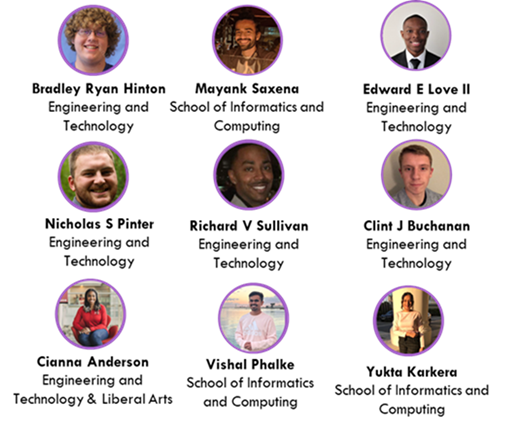Luddy ALIGN Bloomington | Indianapolis is an initiative that is working to support both the Bloomington and Indianapolis campuses. ALIGN is an acronym derived from Applied + Leadership + Industry + Government + Networking; they collectively represent the dimensions of experiential education as we are defining it within the Luddy School of Informatics, Computing, and Engineering. In addition, ALIGN encompasses cross-curricular educational programming, specifically community engaged learning and student innovation and entrepreneurship. Our primary mission is to streamline and strengthen external engagement for the purpose of increasing experiential learning opportunities for Luddy students. Given that ALIGN works closely with our Career Services and Development teams, our goal is to also facilitate the preparation of our students for gainful, sustainable employment and the engagement of our alumni to deepen their involvement with the success of the Luddy School.
After discussing ideas for how to best showcase the opportunities students are given in the school, we landed on the production of a report, instead of a newsletter. We are hoping this report can be an aggregate featurette of all the departments and programs holding space for students to gain this vital real-world experience. This report will also be helpful in conversations with the rest of the campus to taut our incredible faculty and initiatives that the Luddy School is giving our students.
The following report is a compilation of offerings the Luddy School has been championing on behalf of our students in the academic year 2022-2023.
If ALIGN can be of assistance, you can reach us at ALIGN@iu.edu. We look forward to collaborating with all of our stakeholders.



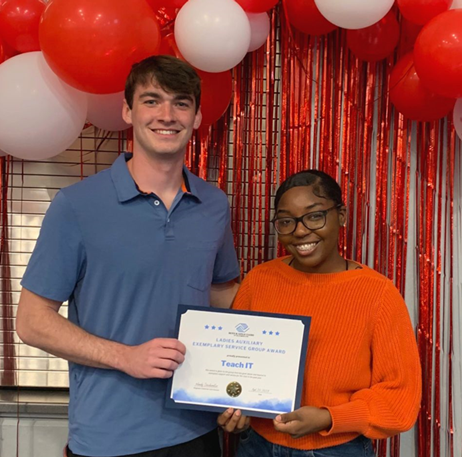
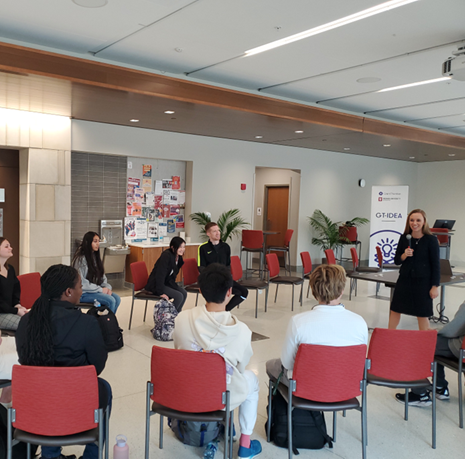
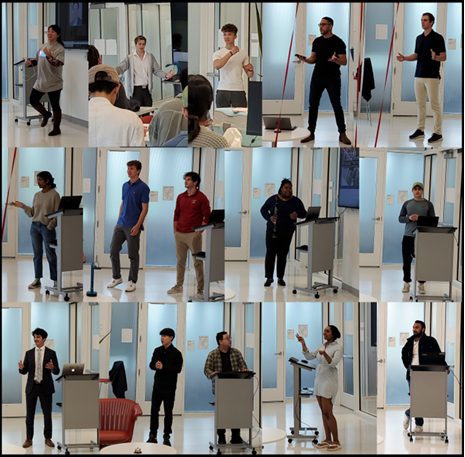
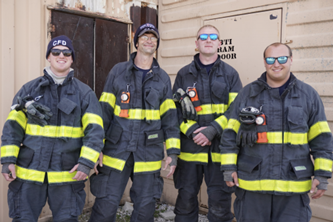



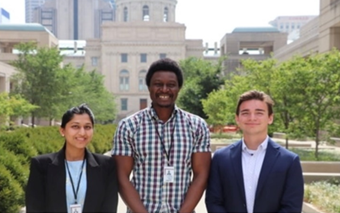 Management Performance Hub (MPH) is hosting three interns for the summer, Palak Rajauria, Oluwaseyi Jaiyeoba and Ben Batchelder. MPH works to change the culture of how state agencies work together and interact with external partners. By combining a collaborative and innovative approach with industry-leading technical innovation, MPH is able to facilitate data-driven decision making and data-informed policy making.
Management Performance Hub (MPH) is hosting three interns for the summer, Palak Rajauria, Oluwaseyi Jaiyeoba and Ben Batchelder. MPH works to change the culture of how state agencies work together and interact with external partners. By combining a collaborative and innovative approach with industry-leading technical innovation, MPH is able to facilitate data-driven decision making and data-informed policy making.
